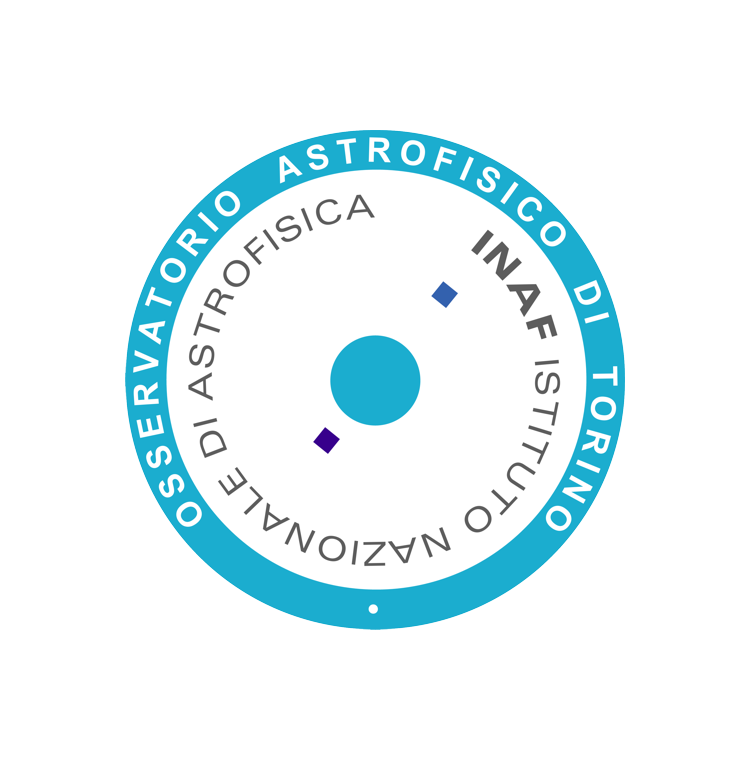Applications are invited for a postdoctoral position at Turin Astrophysical Observatory on the development and application of the survey selection function for the Gaia mission to study the structure of the disk of the Milky Way. The position is part of the GaiaUnlimited project, which is funded from the European Unions Horizon 2020 research and innovation programme under grant agreement No 101004110.
The aim of the project is to research, develop, and implement the Gaia survey selection function, as well as selection functions for Gaia combined with other surveys. This will result in publicly available data products and open source code to apply the selection functions to analyses of the Gaia data.
The successful candidate will contribute to the project by developing and implementing the selection functions applicable to specific subsets of the Gaia catalogue of particular interest for mapping the non-axisymmetric structure of the Milky Way, which may include the subsample of Gaia sources with radial velocities, Cepheid variables and young stellar populations.
The candidate will apply the relevant selection functions toward mapping the spiral arms of the Milky Way in both configuration and velocity space. Also of interest is an empirical validation of the top-level selection functions using relevant external surveys.
The successful candidate will work under the supervision of Ronald Drimmel, in collaboration with other partners in GaiaUnlimited, and will become a member of the Gaia Data Processing and Analysis Consortium.
The successful candidate must have a PhD in astronomy, physics, computer science, or mathematics, OR a Masters degree or equivalent with three years of documented experience, by the deadline of the application, which is November 1st.
The candidate must also have a working knowledge of spoken and written English. The candidate should have a strong background in data analysis and be familiar with the handling of astronomical data. Familiarity with the Gaia mission and other large sky surveys will be an advantage.
The appointment is for a period of two years, with an additional one year extension with the arrival of expected funding, and comes with full benefits.

